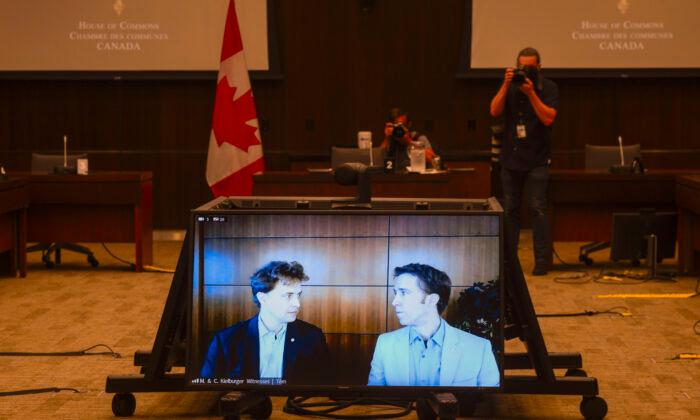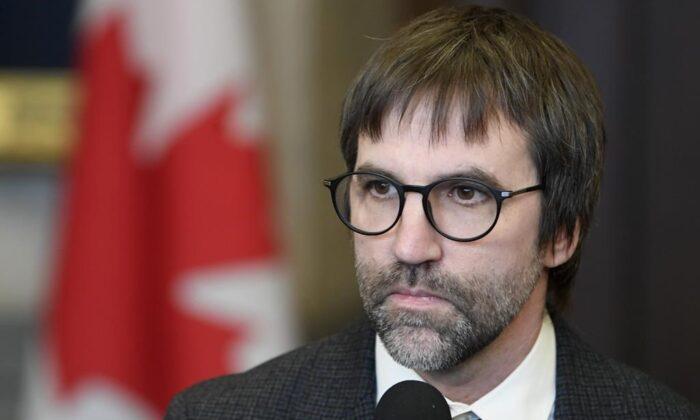Health experts are urging government leaders in Canada to adopt a “balanced approach” in the fight against COVID-19—one that would focus on minimizing, not eradicating, the virus while allowing society to resume functioning.
An open letter to Prime Minister Justin Trudeau and the country’s premiers from current and past leaders in health care and academia says aiming to prevent or contain every infection case is not sustainable at this stage in the pandemic, and may introduce other public health risks.
“The current approach to dealing with COVID-19 carries significant risks to overall population health,” the 18 experts wrote.
“We need to accept that COVID-19 will be with us for some time and to find ways to deal with it.”
Among the signatories are Dr. Gregory Taylor, Dr. Theresa Tam’s predecessor as Canada’s chief public health officer; Dr. Martha Fulford, infectious diseases specialist; Dr. Robert Bell, a former deputy health minister in Ontario; and Dr. Vivek Goel, former president of Public Health Ontario.
A statement accompanying the letter notes that lockdown and physical distancing measures implemented in March were put in place to avoid overwhelming the health care system with too many cases at once.
However, these interventions were meant to “buy the time necessary to develop a longer-term response” and should not be used as an ongoing strategy to eradicate the disease.
“The societal costs of maintaining these public health measures, even with some gradual relaxation, are too high,” says the statement, warning against the social and economic risks of these measures.
The statement also urges governments to consider the broader “fundamental determinants of health” in adopting COVID-19 measures, such as education, employment, social connection, and medical care.
“COVID-19 control is an important public health priority but it is not the only nor the most important challenge to the health of people in Canada,” it says, adding that the risk of premature death from COVID-19 for the general population remains relatively small.
“While those under the age of 60 account for 65 percent of cases, they represent just 3 percent of deaths. With ready access to health services, severe outcomes can be averted in those who do not have pre-existing risk factors.”
Recommendations for ‘A Balanced Approach’
The letter urges governments to adopt “localized” and risk-based” control measures, while accepting that there will continue to be regional outbreaks of COVID-19.Recommendations for quarantine and isolation periods, physical distancing and non-medical masks, and travel restrictions should be “consistently” reassessed and based on current best evidence and levels of risk, it reads.
The letter suggests a focus on improving infection prevention and control in long-term care and congregate living settings, and support for those who need to isolate when the disease is active, as well as for those who have been adversely affected by COVID-19.
Canadians should also be supported in managing their fear of the disease, the letter says.
“Going forward, they have to be supported in understanding their true level of risk, and learning how to deal with this disease, while getting on with their lives—back to work, back to school, and back to healthy lives and vibrant, active communities across this country.”
The experts make 12 recommendations, the first of which relates to getting life back to normal for Canadians:
“Carefully reopen schools, businesses and health care. Allow gatherings of friends and family. Provide practical guidance that allows citizens and institutions to operate safely and effectively. Restore public confidence that it is safe to go out, that appropriate precautions are in place, and conditions will be closely monitored,” the statement says.






Friends Read Free